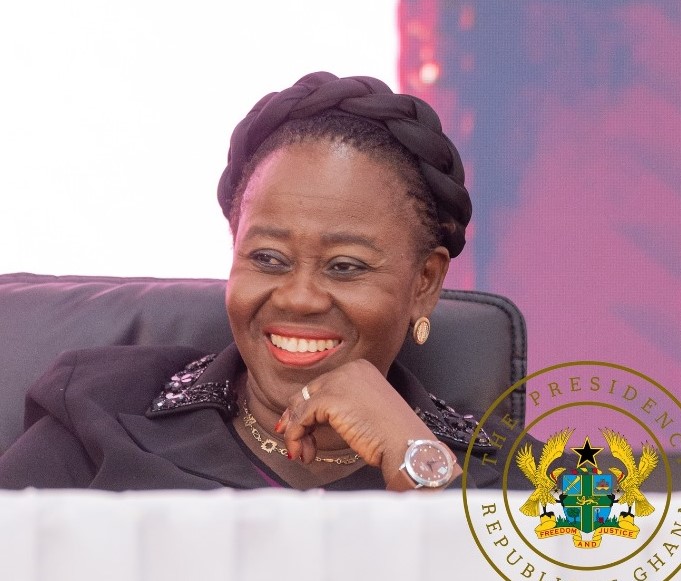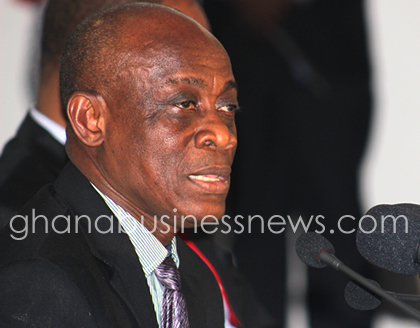
Accra, Feb. 26, GNA – Justice Sylvain Oré, President of the African Court on Human and peoples’ Rights on Monday tasked the eleven-member panel of the Court to pronounce more judicial decisions this year.
“In simpler terms, the African Union has tasked the Continental Court to render the highest number of judgments ever delivered in a single year since it became operational.
“The African Union has set a target of at least three judgments per session for us this year, which is linked to the increase in the duration of our Ordinary Sessions,” Justice Ore stated at the opening of the 48th Ordinary Session of the Court in Arusha, Tanzania. The session is expected to end on March 23.
Justice Ore noted that the task ahead of the African Court this year were enormous and diverse, which includes the urgent need to dialogue with many AU institutions, States and the human rights community, especially the civil society organisations and the media.
“I think especially of where we stand in an African context characterized by reforms of the African Union and its institutions. These reforms will directly impact on the African Court and the idea of synergy already announced by preliminary reports of the Reforms Commission as an irrefutable logic.
“It is my wish that the African Court will proactively adjust to the reforms to avoid being taken unawares by the restructuring decisions which will inevitably stream in throughout 2018,” the African Court President stated.
He urged the Court to come up with ways to collaborate with the Banjul Commission and the Committee on the Rights and Welfare of the Child, “we must take cognizance of the positive commitment of the staff of both institutions and endeavour to expedite judicial complementarity”.
The 48th Ordinary Session will examine over 15 applications.
Dr Robert Eno, the Court’s Registrar explained that the Court had jurisdiction over all cases and disputes submitted to it concerning the interpretation and application of the African Charter on Human and Peoples' Rights.
It also focuses on the Protocol and any other relevant human rights instrument ratified by the States concerned, specifically, the African Court has two types of jurisdiction: contentious and advisory.
Dr Eno explained that the African Court also has the powers to receive cases filed by the African Commission of Human and Peoples’ Rights, State parties to the Protocol or African Intergovernmental Organisations.
“Non-Governmental Organisations with observer status before the African Commission and individuals can also institute cases directly before the African Court as long as the State against which they are complaining has deposited the Article 34 (6) declaration recognising the jurisdiction of the African Court to accept cases from individuals and NGOs.
Dr Eno said the eleven Judges, who were nationals of Member States of the African Union elected in their individual capacity meet four times a year in Ordinary Sessions and may hold Extra-Ordinary Sessions.
The Registrar said as at February 23, this year the African Court had received 161 applications and had finalised 32.
The African Court is a continental court established by Member States of the AU by virtue of Article One of the Protocol to the African Charter on Human and People’s Rights to ensure the protection of human and peoples’ rights in Africa.
The mandate of the African Court is to complement and reinforce the functions of the African Commission on Human and Peoples’ Rights (the African Commission – often referred to as the Banjul Commission), which is a quasi-judicial body charged with monitoring the implementation of the Charter.
The Protocol establishing the African Court was adopted on June 9, 1998 in Burkina Faso and came into force on January 25, 2004 has since been ratified by more than 15 countries.
GNA
Read Full Story


















Facebook
Twitter
Pinterest
Instagram
Google+
YouTube
LinkedIn
RSS